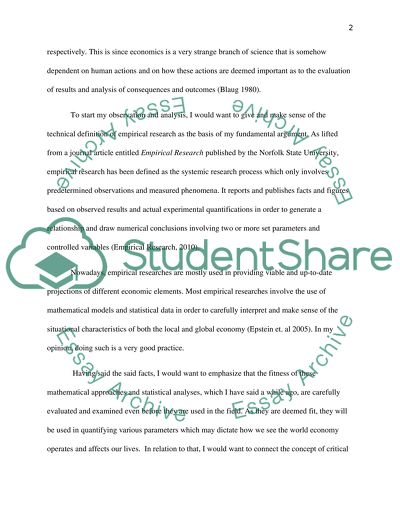Cite this document
(“To what extent is the work of philosophers such as Popper, Kuhn, Essay - 1”, n.d.)
Retrieved from https://studentshare.org/macro-microeconomics/1612516-to-what-extent-is-the-work-of-philosophers-such-as-popper-kuhn-lakatos-and-feyerabend-useful-in-forming-a-critical-judgement-of-modern-economic-practice
Retrieved from https://studentshare.org/macro-microeconomics/1612516-to-what-extent-is-the-work-of-philosophers-such-as-popper-kuhn-lakatos-and-feyerabend-useful-in-forming-a-critical-judgement-of-modern-economic-practice
(To What Extent Is the Work of Philosophers Such As Popper, Kuhn, Essay - 1)
https://studentshare.org/macro-microeconomics/1612516-to-what-extent-is-the-work-of-philosophers-such-as-popper-kuhn-lakatos-and-feyerabend-useful-in-forming-a-critical-judgement-of-modern-economic-practice.
https://studentshare.org/macro-microeconomics/1612516-to-what-extent-is-the-work-of-philosophers-such-as-popper-kuhn-lakatos-and-feyerabend-useful-in-forming-a-critical-judgement-of-modern-economic-practice.
“To What Extent Is the Work of Philosophers Such As Popper, Kuhn, Essay - 1”, n.d. https://studentshare.org/macro-microeconomics/1612516-to-what-extent-is-the-work-of-philosophers-such-as-popper-kuhn-lakatos-and-feyerabend-useful-in-forming-a-critical-judgement-of-modern-economic-practice.


